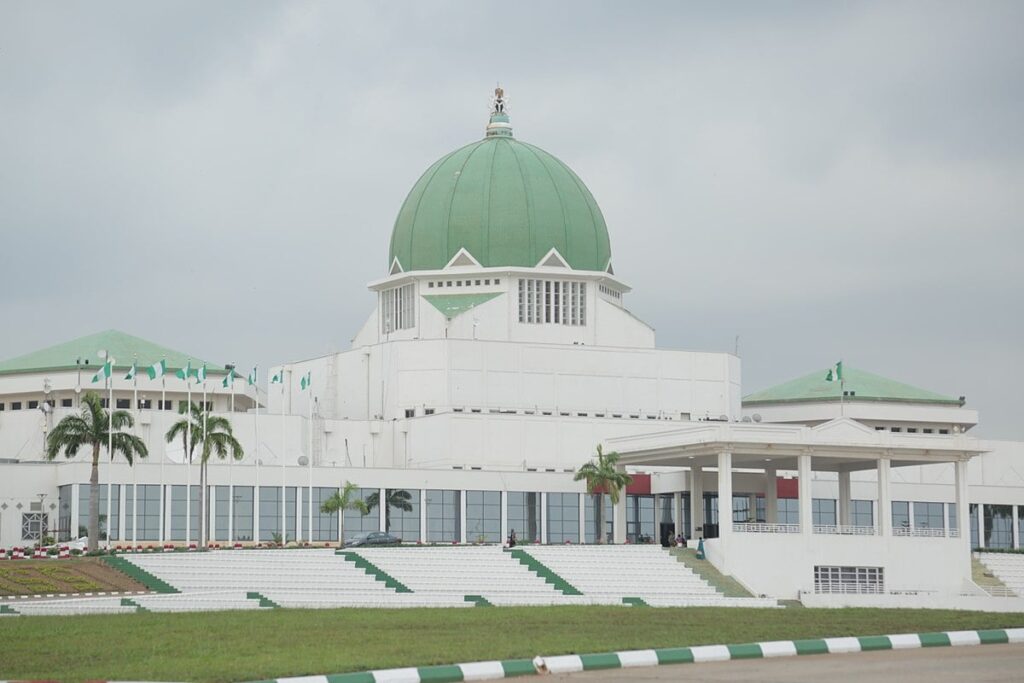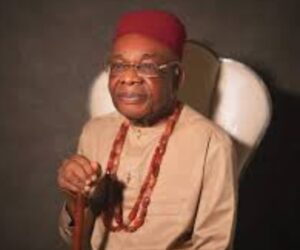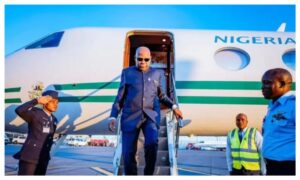Nigeria’s National Assembly is considering holding the next presidential and governorship elections in November 2026, six months earlier than usual. The proposal, contained in the Electoral Act (Amendment) Bill 2025, was presented during a public hearing jointly organized by the Senate and House Committees on Electoral Matters in Abuja.
According to the draft amendment, elections into the offices of the President and Governors must take place not later than 185 days before the expiration of their current terms. This change aims to ensure that all election petitions and court proceedings are completed before the official handover on May 29, 2027. Hon. Adebayo Balogun, Chairman of the House Committee on Electoral Matters, explained that the plan would help eliminate the recurring issue of post-election litigations spilling into the next administration.
The amendment also proposes reducing the timelines for election tribunals and appeals — cutting tribunal judgments from 180 to 90 days and appellate court decisions from 90 to 60 days. Other notable features include early voting for groups such as security agents, INEC officials, accredited journalists, and election observers, who would vote at least 14 days before the main election.
Another major highlight is the push to make electronic transmission of election results mandatory. The new Section 60(5) states that presiding officers must transmit results both electronically and manually. Anyone who fails to stamp ballot papers or result sheets could face a fine of ₦1 million or a one-year prison sentence. INEC officials, represented by Prof. Abdullahi Zuru, expressed support for these reforms, saying they will enhance transparency and reduce post-election disputes.
Earlier in July, a related proposal stirred debate over whether all elections should hold on the same day in 2027. While opposition parties — including the PDP, Labour Party, ADC, and NNPP — backed the idea, the ruling APC rejected it, warning that it could create logistical challenges. Despite the disagreements, the amendment process reflects a growing effort to strengthen Nigeria’s electoral system and ensure credible, cost-effective, and timely elections.







